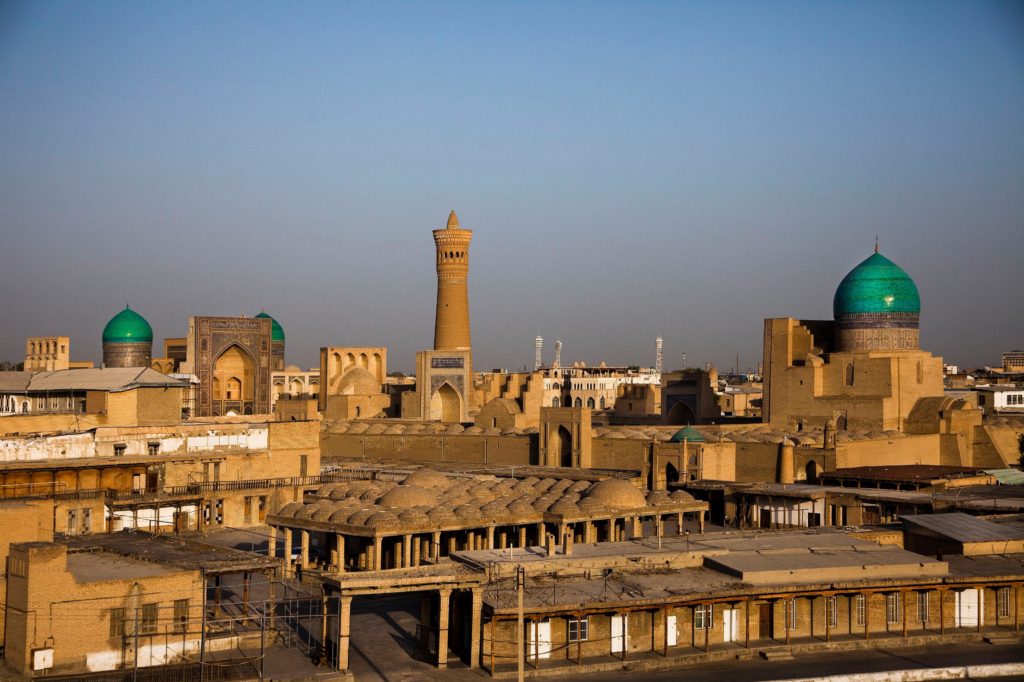TASHKENT
The Asian Development Bank (ADB) has approved a $273.85 million loan to reconstruct and upgrade national roads in Uzbekistan to boost regional connectivity in the Central Asian double-landlocked country.
While Uzbekistan’s existing road networks are generally adequate to meet existing capacity and connectivity demands, they are in poor condition and require rehabilitation, the ADB said. The country records 11.2 fatalities per 100,000 people per year, which is high by international standards, despite low levels of vehicle ownership.
“ADB is committed to supporting the government’s efforts to make its national roads better, safer, and more climate-resilient—this will help realise Uzbekistan’s potential as a regional transport and logistics hub,” ADB Director General for Central and West Asia Yevgeniy Zhukov said.
ADB’s project will upgrade about 106 kilometres of the national road between Derbent and Denau in the Surkhandarya region, and complete the reconstruction of about 87 kilometres of the Guzar–Bukhara–Nukus–Beyneu (A380) highway. The A380 highway is part of the Central Asia Regional Economic Cooperation (CAREC) Corridor 2, which connects Afghanistan, Kazakhstan, the Russian Federation, Tajikistan, Turkmenistan, and Uzbekistan.
The project will widen the roads using low-maintenance concrete pavement and improve their condition to substantially reduce travel time and vehicle operating costs. It will upgrade alignments and junctions, provide bus stop shelters and better pedestrian facilities, and add clearer signage and other safety features.
According to ADB, the project includes a $150,000 technical assistance grant to support the economic recovery of women entrepreneurs in the project communities from the adverse impacts of the COVID-19 pandemic by providing skills training in financial literacy, online marketing, and entrepreneurship development among others.
Earlier this year, Uzbekistan said it has been negotiating with the ADB to secure $2.8 billion in loans to implement 27 economic and social projects, of which three projects worth $524 million are expected to be implemented in 2022.
ADB said that it would continue supporting private sector-led development in Uzbekistan, including renewable energy, as the country pursues a new development strategy.
Uzbekistan’s new national development strategy for 2022–2026 prioritises improving people’s livelihoods, including by developing social infrastructure in communities and implementing reforms.
ADB, which is Uzbekistan’s largest partner with a total portfolio of $10 billion in loans, grants, and technical assistance, said that the bank planned to continue expanding and broadening the coverage of its private sector operations in the Central Asian country.

